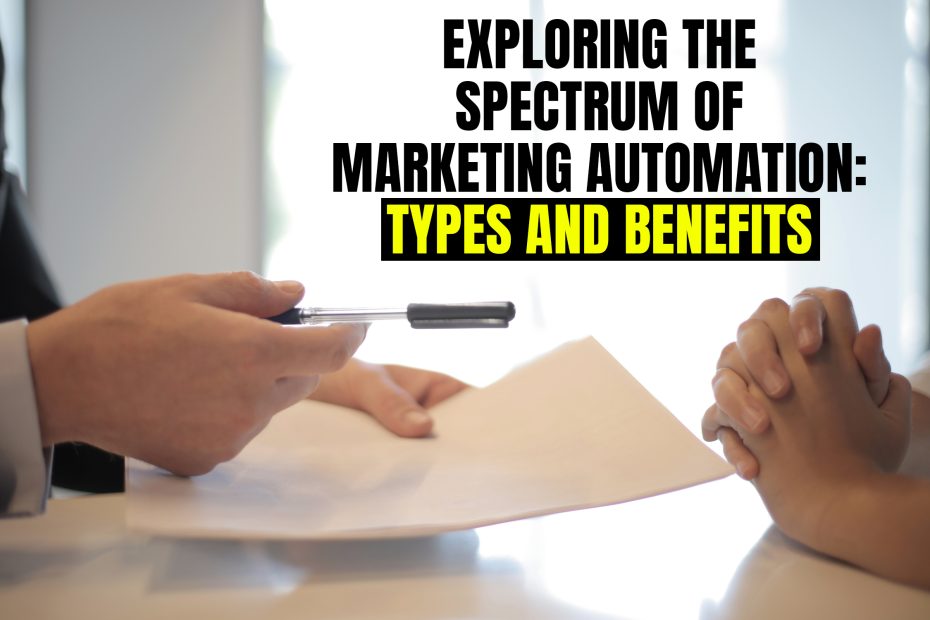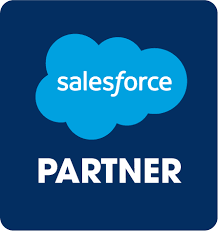In today’s fast-paced digital landscape, businesses are constantly seeking innovative ways to streamline their marketing efforts and reach their target audiences more effectively. Marketing automation has emerged as a game-changer, enabling companies to optimize their marketing processes and boost efficiency. In this article, we will delve into the various types of marketing automation, shedding light on how they work and their unique advantages.
What is Marketing Automation?
Marketing automation refers to the use of technology and software to automate repetitive marketing tasks and workflows. It allows businesses to nurture leads, engage with customers, and analyze campaign performance without the need for manual intervention. Let’s explore the different types of marketing automation available today:
1. Email Marketing Automation
Email marketing remains a powerful tool for engaging with customers. It enables businesses to send personalized and timely emails to their subscribers. With this type of automation, you can set up automated email sequences, segment your audience based on their behavior, and trigger emails based on specific actions, such as website visits or abandoned carts.
2. Social Media Marketing Automation
Maintaining a consistent social media presence can be time-consuming. Social media marketing automation tools help businesses schedule posts, track engagement, and even automatically respond to customer inquiries. This type of automation ensures that your social media strategy runs smoothly and efficiently.
3. Content Marketing Automation
Content is king in the digital realm, and content marketing automation tools help you create, distribute, and measure the impact of your content. They can suggest content ideas, automate content posting schedules, and even personalize content recommendations for your audience.
4. Customer Relationship Management (CRM) Automation
CRM automation tools streamline customer data management, making it easier to track interactions and nurture leads. They can automate follow-up emails, lead scoring, and customer segmentation, allowing you to tailor your marketing efforts to individual customer needs.
5. Marketing Analytics and Reporting Automation
Understanding the performance of your marketing campaigns is crucial for making informed decisions. Marketing analytics and reporting automation tools collect and analyze data from various sources, providing valuable insights into campaign effectiveness. These tools often generate detailed reports, saving you time and effort on manual data analysis.
6. Marketing AI and Predictive Analytics
Artificial intelligence has revolutionized marketing automation by offering predictive analytics and personalized recommendations. AI-powered tools can analyze customer data to predict future behavior and suggest the best marketing strategies. They can also automate the personalization of content and product recommendations based on user preferences.
7. E-commerce Marketing Automation
For online retailers, e-commerce marketing automation is a game-changer. It includes features like cart abandonment recovery emails, product recommendations, and personalized offers. These automation tactics aim to increase sales and customer retention.
8. Marketing Operations Automation
Marketing operations automation tools focus on optimizing internal marketing processes. They help teams collaborate more efficiently, manage marketing assets, and ensure brand consistency across all channels. This type of automation is particularly valuable for larger organizations with complex marketing workflows.
Conclusion
In conclusion, marketing automation comes in various forms, each serving a specific purpose in streamlining marketing efforts and enhancing customer engagement. By leveraging the power of automation, businesses can save time, reduce manual errors, and ultimately deliver more personalized and effective marketing campaigns.





